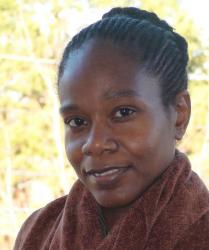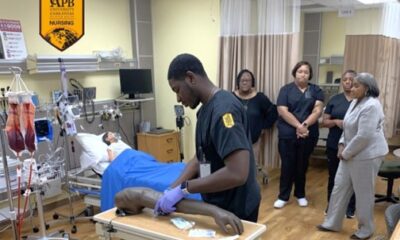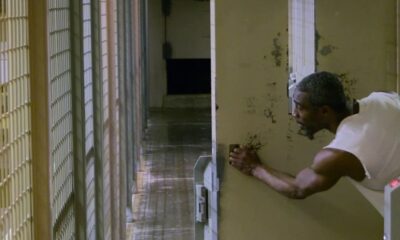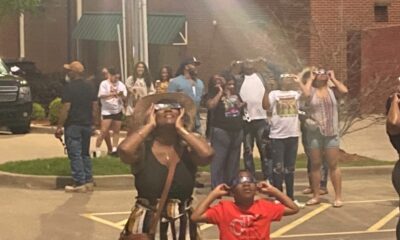Culture
I Am My Own Black History
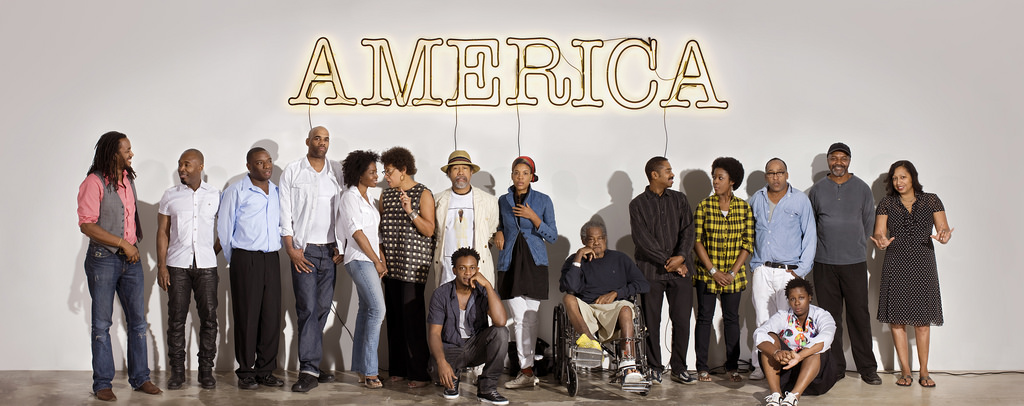
For years, Joseph Harris served his country. A member of the United States Navy, he served as far away as Spain and Pensacola. Then he would return home.
“Why you out so late, boy?” a cop asked him one night.
Harris didn’t say anything. It was the 1930s and he knew he was powerless.
“He was helping to fight for the freedom of the country even though he didn’t have the same freedom at home,” his son, Dr. Ken Harris, said.
Still, Joseph Harris hoped his son would have a better future. He told him education was the key.
“Education is one of the things nobody can ever take from you,” Harris told his son.
His son listened and is now a psychology professor at Southern Technical College in Georgia. Harris is one of the participants of “I Am My Own Black History.” He liked the twist that KuFunya Kail brought to Black History Month, which for him is a celebration of those who have paved the way.
“It’s recognition of the fact that I’m a product of so many prayers, tears and sit-ins; so many trials and tribulations,” Harris said. “It’s a celebration of not only where we are, but where we can ultimately end up.”
Those who paved the way, he said, fought for black people’s rights not because they wanted to be famous but because they were committed to the cause.
“We just need to pay if forward,” Harris said.
And so, Harris wants to see Kail’s project go viral. He wants children who think they are not brave enough, strong enough or smart enough to see someone who looks just like them telling them that’s not the case.
“It will serve as a platform, a springboard for those coming behind us,” Harris said. “So much of what we do and experience is not for us. It’s to help someone else out.”
And, often the best teachers are the ones people take for granted.
I Am My Own Black History
Richard Jones saw the “Dear Abby” column posted on the mirror of his dresser and exploded. Jones was trying to hold on to his son, to protect him the only way he knew how — through self- discipline.
Each Saturday morning, he would have his children make their beds until they got it right, even if it took hours. The edges and folds had to be even and all the creases gone from their sheets.
He wanted them to do their best and to understand that’s how they would succeed. But, he saw the column about a white woman advising a child to tell his parents to relax on discipline and realized he had failed.
Then a teenager, Tom Jones only thought of what he had to endure because of his ex-military father. He made straight As and Bs, never got into trouble nor skipped school. But no matter what he did his father never loosened up. He thought the column would help his father see, but he didn’t understand the ramifications.
“No white woman is going to tell me how to run my house,” the elder Jones said.
The child hated his father, but the man he became realized just how much his father loved him. Richard Jones would drink like a sailor, but always got up at 4:30 a.m. to go to work at the engineering firm where he was the plant manager. He took care of his family. And he became his son’s inspiration.
Jones was the first person to be interviewed by KuFunya Kail for “I Am My Own Black History.” The husband and father of three liked Kail’s new bent on Black History Month.
“We often think of it as something that happened a long time ago and neglect to realize history happens every day as we live and breathe,” Jones said.
Jones, who is now a general assignment reporter for WSB-TV, hear people tell him he treats each story as if it’s his first one.
“It goes back to my father,” Jones said. “He told me to fix up my bed like it was new. I’m exactly like that with my job. Everything had to be right.”
Still, the ones who inspire are sometimes those who accomplish the seemingly impossible.
I Am My Own Black History
When H. Rap Brown asked him to step into his stadium, Maynard Eaton was surprised to see the black activist pull up a bench that he kept in front of his little store in the West End community in Atlanta.
From there, Brown who had changed his name to Jamil Abdullah al-Amin during a stint in prison, taught and preached and ruled. “He spoke very quietly, but you can tell he was dead serious,” Eaton, 68, said.
Al-Amin, the former chairman of the Student Nonviolent Coordinating Committee, was a prominent figure in the Black Panther Party. Still, there was nothing seemingly impressive about the tall, thin bearded philosopher who dressed like a Muslim Imam, yet he was a leader who was able to change the West End community.
“I’ve never seen a community like that,” said Eaton, a multi-award-winning broadcast journalist who worked as a reporter for the NBC affiliate in Atlanta and later BET. “It was crime free.”
Al-Amin is in prison for shooting two police officers, one of them fatally. Though he was a threat to authorities, he was an inspiration to Eaton who said as much when he was interviewed by KuFunya Kail for the “I Am My Black History” project.
When Eaton saw the interview Kail did of WSB-TV reporter Tom Jones, he was impressed with the project’s concept.
He said Kail has taken Black History Month and re-defined it.
“He has given it a new voice and a new vision,” Eaton said, adding that he’s linking the voices of today with the voices of his generation. Impressed, he decided to be a participant, to tell his story for his grandchildren and those coming behind him.
“Our story is the most powerful, provocative, pulsating and purest story of America,” Eaton said. “We have stellar stories that make you laugh and cry.”
Stories that are the symbol of tragedy and triumph, he said. But, he said, only a little of it has been told. And he believes Kail’s vision can help capture what has been lost.

-

 Black History5 months ago
Black History5 months agoThe untold story of a Black woman who founded an Alabama hospital during Jim Crow
-

 Featured9 months ago
Featured9 months ago‘No Closure’ In Town Where Five Black Residents Were Either Murdered, Died Suspiciously Or Are Missing
-
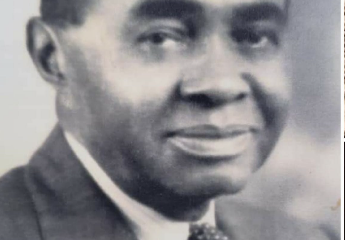
 Black History9 months ago
Black History9 months agoBlack History Lost and Found: New Research Pieces Together the Life of Prominent Texas Surgeon and Activist
-

 Featured9 months ago
Featured9 months agoFounder of “The Folding Chair” Podcast Calls Montgomery’s Brawl ‘Karma’
-
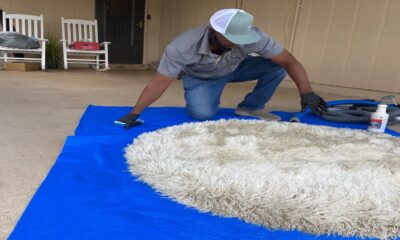
 Featured8 months ago
Featured8 months agoThousands ‘Live Their Dream’ During National Black Business Month
-

 Featured10 months ago
Featured10 months agoJuneteenth And ‘246 Years Of Free Labor’ Are Key To Conversations About Reparations

